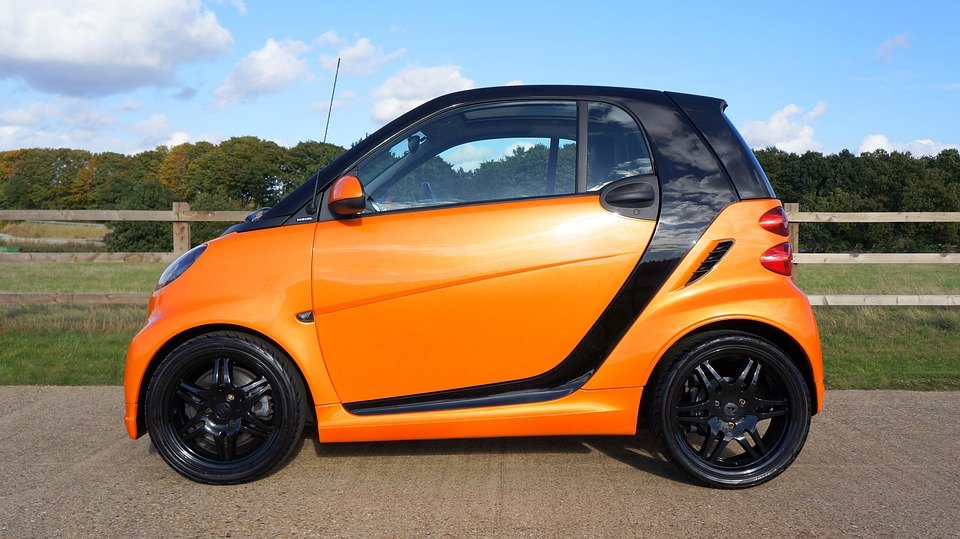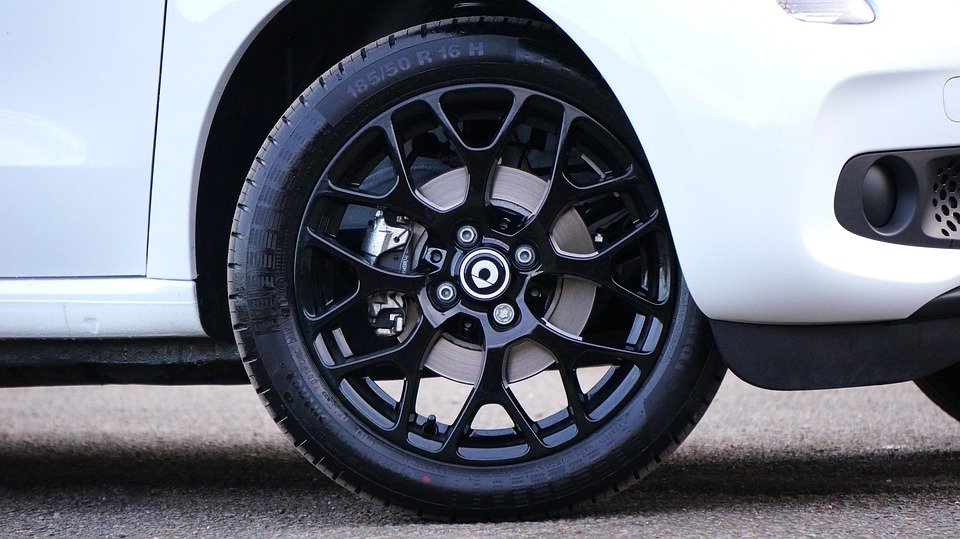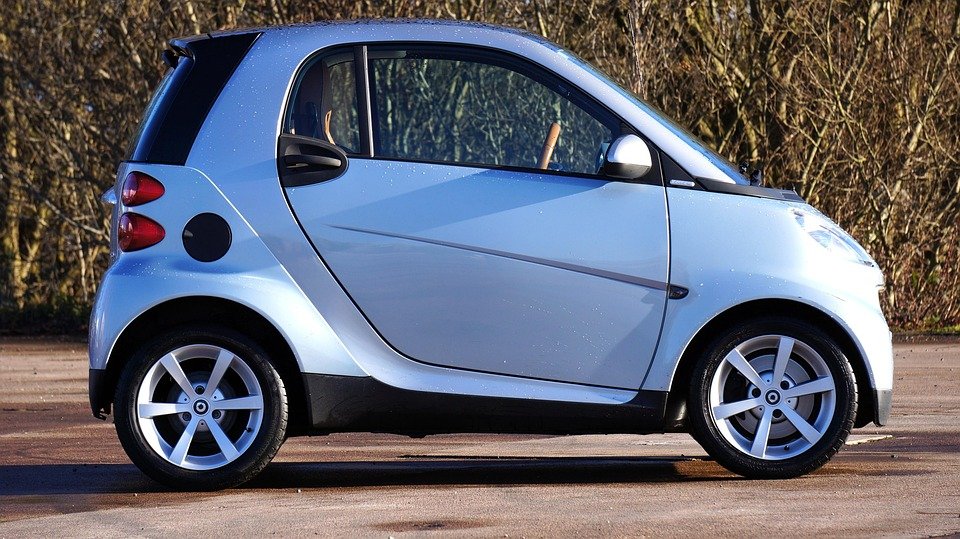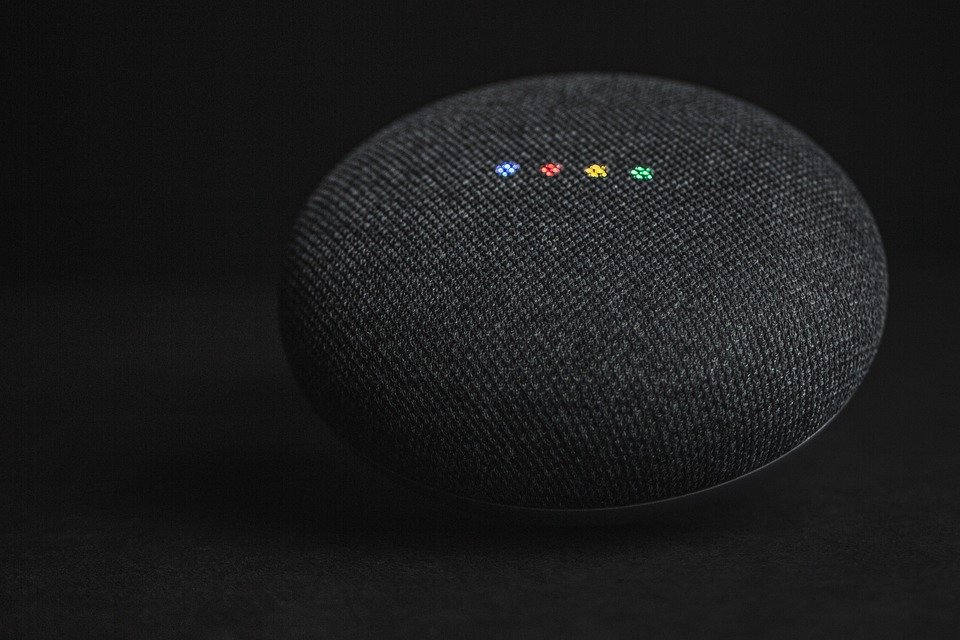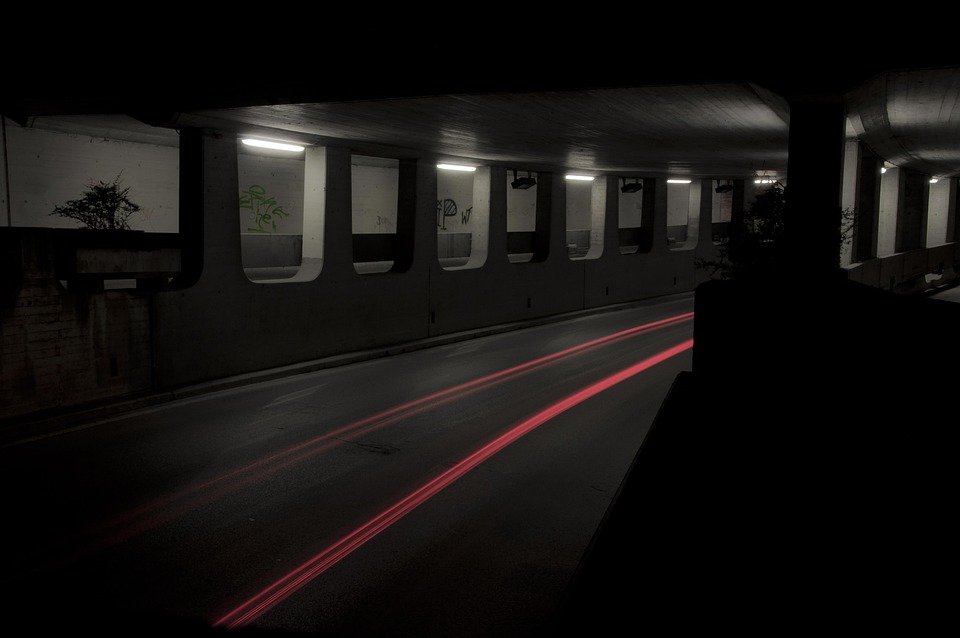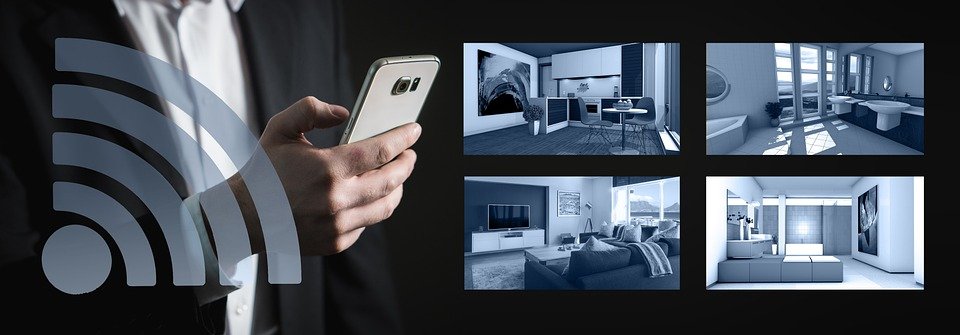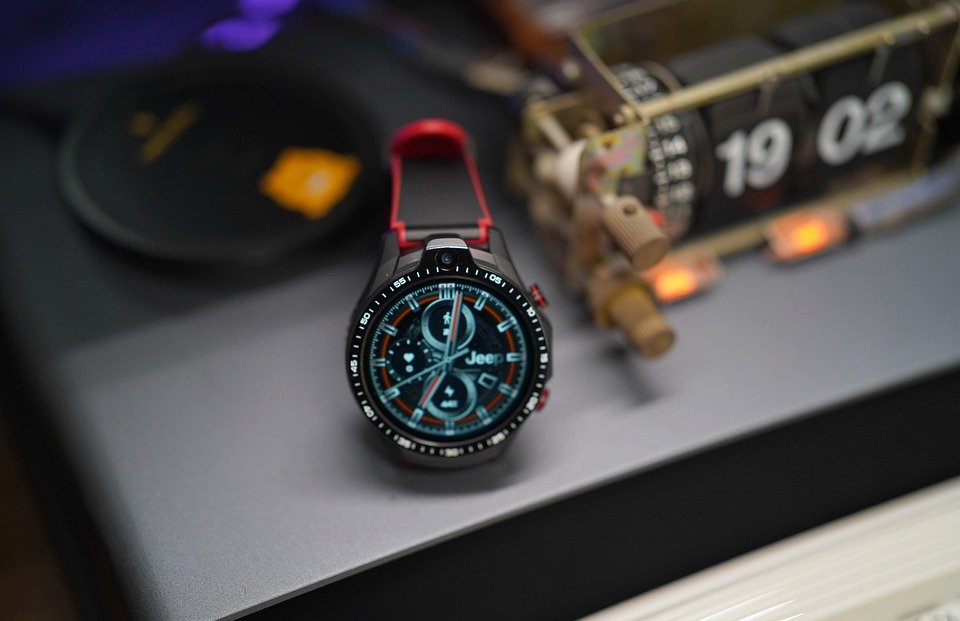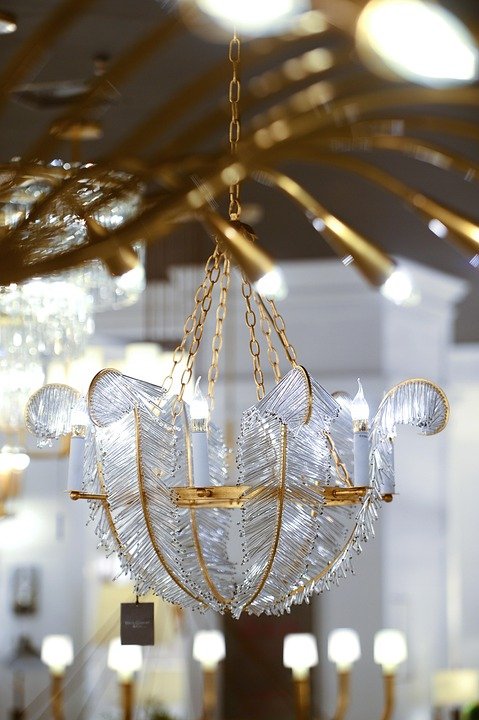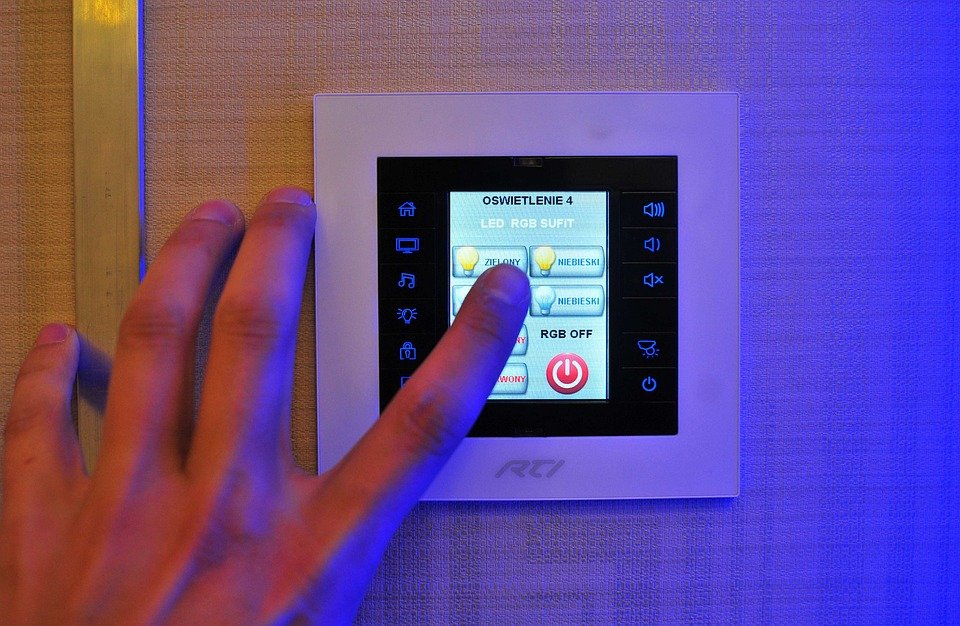Smart lighting has become an essential part of modern smart homes, offering convenience, energy efficiency, and customizable ambience. When choosing smart lights, two common connectivity options dominate the market: Wi-Fi and Bluetooth. Each has its advantages and limitations, depending on your home setup and needs.
In this article, we’ll compare Wi-Fi vs. Bluetooth smart lights to help you decide which option is best for you.
1. Range & Coverage
Wi-Fi Smart Lights
- Longer range – Works anywhere within your Wi-Fi network’s coverage, which is ideal for large homes.
- Requires a strong router – Multiple Wi-Fi devices can slow down internet speed if your network isn’t optimized.
- Better for outdoor use – Works well if you have Wi-Fi extenders or mesh networks.
Bluetooth Smart Lights
- Shorter range (up to ~30 feet) – Best for small spaces or single rooms.
- No dependence on Wi-Fi – Works independently, making it more reliable if your internet goes down.
- Direct control only – You must be near the lights to operate them via your smartphone.
Winner: Wi-Fi for large homes; Bluetooth for simplicity in small spaces.
2. Smart Home Integration
Wi-Fi Smart Lights
- Compatible with Amazon Alexa, Google Assistant, Apple HomeKit, and other major smart home ecosystems.
- Can be controlled remotely from anywhere via cloud-based apps.
- Supports automation through IFTTT (e.g., lights turning on when your smart lock opens).
Bluetooth Smart Lights
- Limited smart assistant support compared to Wi-Fi.
- Some models support Google Home and Alexa with a Bluetooth-enabled hub.
- Generally no remote access unless connected to a Wi-Fi bridge.
Winner: Wi-Fi for broader smart home compatibility.
3. Speed & Responsiveness
Wi-Fi Smart Lights
- Slight delay (milliseconds) due to cloud processing.
- More stable for complex automations (e.g., syncing with other smart devices).
Bluetooth Smart Lights
- Faster response time since the connection is direct.
- No cloud dependency means offline control works instantly.
Winner: Bluetooth for speed, Wi-Fi for multi-device automation.
4. Security & Privacy
Wi-Fi Smart Lights
- Potential security risks if your Wi-Fi network is hacked.
- Cloud-based systems may store usage data.
Bluetooth Smart Lights
- More secure due to direct pairing (no cloud dependency).
- Limited hacking risk since hackers would need to be in close proximity.
Winner: Bluetooth for privacy-focused users.
5. Installation & Setup
Wi-Fi Smart Lights
- Easy setup but requires a stable Wi-Fi connection.
- May require firmware updates for optimal performance.
Bluetooth Smart Lights
- Plug-and-play setup—just pair with your phone via Bluetooth.
- No Wi-Fi configuration needed (ideal for renters or temporary setups).
Winner: Bluetooth for simplicity, Wi-Fi for seamless home automation.
6. Cost & Energy Use
Wi-Fi Smart Lights
- Generally more expensive (but prices have dropped in recent years).
- Uses slightly more power due to constant Wi-Fi connection.
Bluetooth Smart Lights
- Usually cheaper than Wi-Fi alternatives.
- More energy-efficient, as Bluetooth consumes less power.
Winner: Bluetooth for budget-conscious buyers.
Final Verdict: Which Should You Choose?
Choose Wi-Fi Smart Lights If You…
✔ Have a strong home Wi-Fi network.
✔ Need remote access and multi-room control.
✔ Want seamless integration with Google Assistant, Alexa, or HomeKit.
Choose Bluetooth Smart Lights If You…
✔ Have a small space (one or two rooms).
✔ Prefer offline, direct control without relying on Wi-Fi.
✔ Want a simple, affordable option without complicated setups.
Some hybrid models support both Wi-Fi and Bluetooth, offering the best of both worlds. If you want flexibility, consider dual-connectivity smart bulbs like Philips Hue (Bluetooth + Wi-Fi/Zigbee) or Nanoleaf Essentials.
Ultimately, the best choice depends on your home setup, budget, and automation needs—but both options can bring smart lighting convenience to your life!
Would you prefer Wi-Fi or Bluetooth smart lights? Let us know in the comments!
(Want more smart home tips? Subscribe for the latest guides!)


